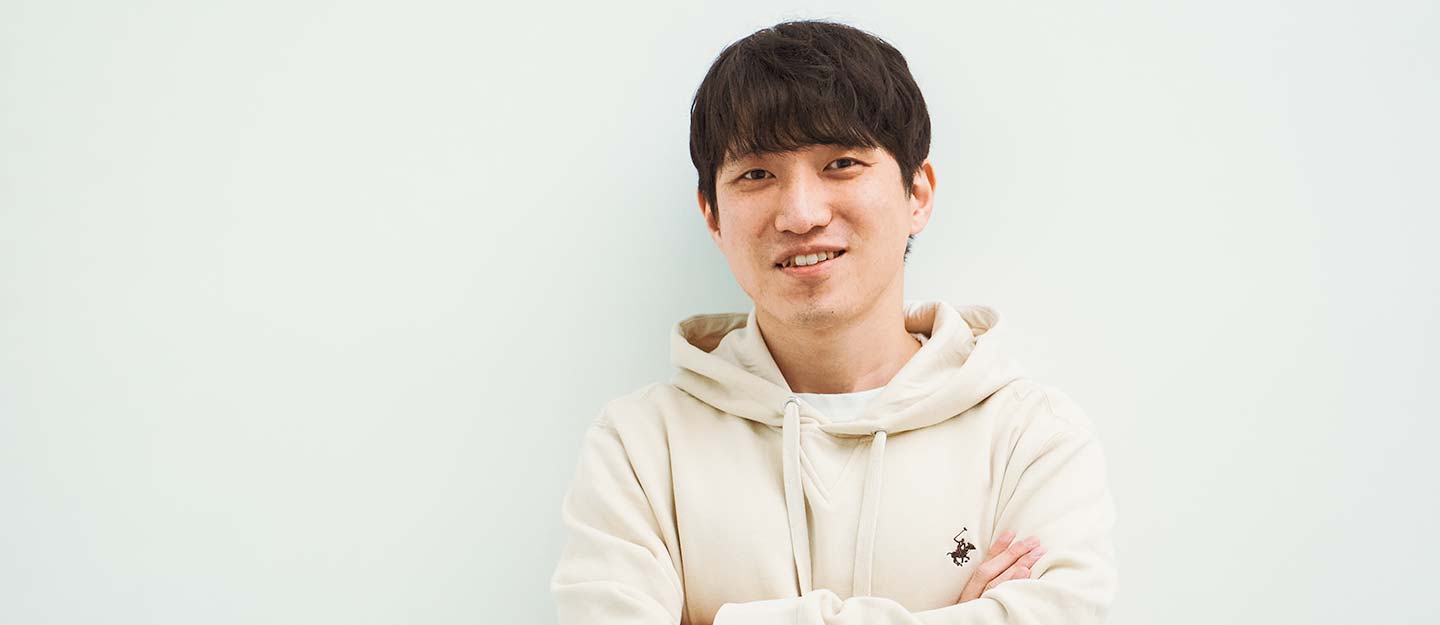
Luck or fate? A career path to the ideal job
Sangwoo Jay Kim joined TYPICA’s South Korean branch as the community manager and head of human resources in September 2022. His interest in human resources began during his compulsory military service, and he has followed a career in this area ever since.
Since leaving South Korea when he was 19 for university in Japan, Jay has worked for three different startups in the five years after graduating. In the past, Jay has chosen companies that interest him, while also helping him build his career. Now a member of the team at TYPICA, Jay shares how he finally found the ideal he had almost given up on.
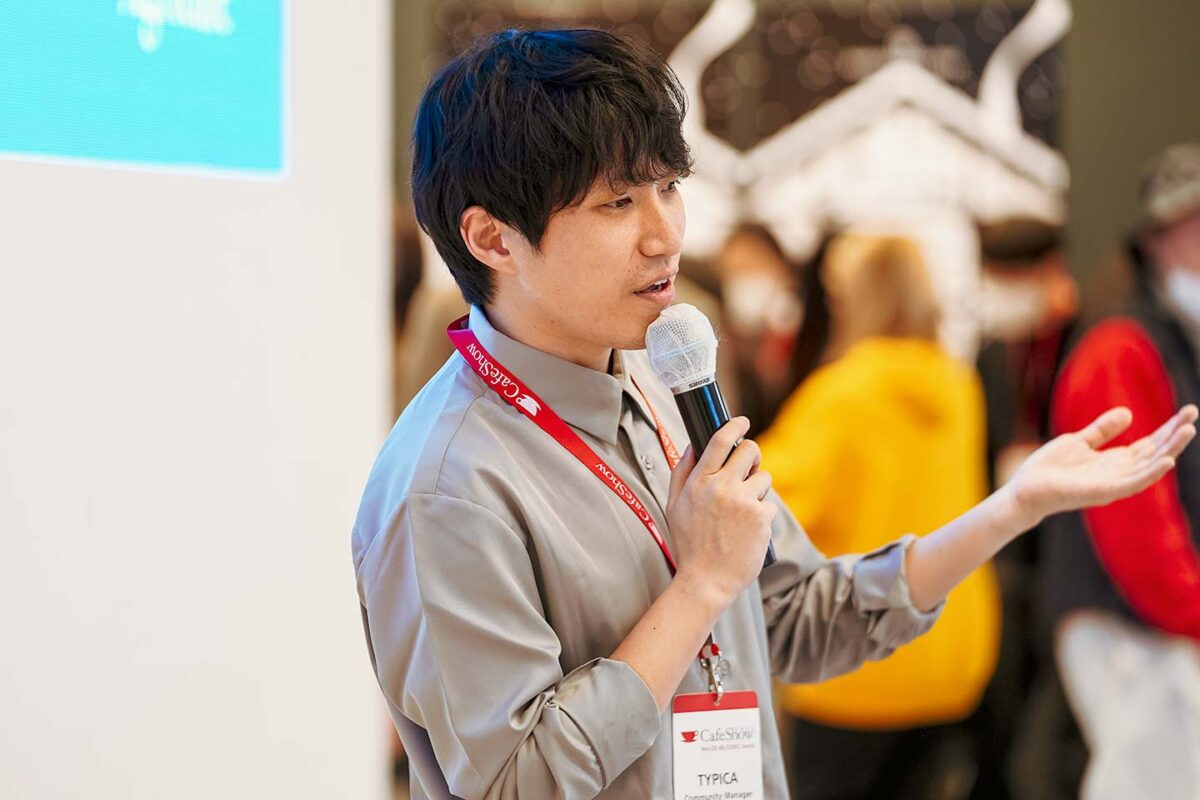
Resonating is what counts
In 2017, Jay dropped into Tokyo’s famous Glitch Coffee & Roaster and had his first ever Geisha, from Hacienda La Esmeralda farm. It was a cup of coffee that he can never forget. Back then, he did not know much about specialty coffee, and Cup of Excellence meant very little to him. But he only needed one sip to realize, this was something epic.
“So many factors affect the profile and flavor of coffee: the origin, the terroir, the processing style, the roasting, the brewing, everything. Drinking that coffee in Glitch was like opening a door. It showed me how much variety there was in coffee. I’d been to Third Wave coffee shops before that, but I’d never been impressed with the acidic and fruity coffee they were serving.”
From that day, Jay’s interest in coffee began. On his days off he would visit coffee shops and cafes. When at home he would brew coffee with beans ordered from independent roasters in Japan and around the world. But to Jay, this was nothing more than a hobby. Something to do in his spare time, not something he was considering a career in. He was happy enjoying coffee as an avid enthusiast.
That was, until he came across TYPICA. TYPICA’s purpose of connecting coffee producers and roasters for direct trade to give producers a fair price for their produce, and roasters and consumers fresh beans, resonated with Jay. And the “Good coffee, all the time” slogan matched his own enthusiasm. With TYPICA, Jay could work for a company that aligned to his own values and enjoy it at the same time. Naturally, he was excited about the possibilities.
“I want to drink good coffee, tell people about good coffee, and keep on drinking it. I’d recently learned about how the 2050 climate crisis meant that there might be a time in the future when this would no longer be possible. TYPICA, who are trying to do something about that through business, felt like the ideal company to work for.”
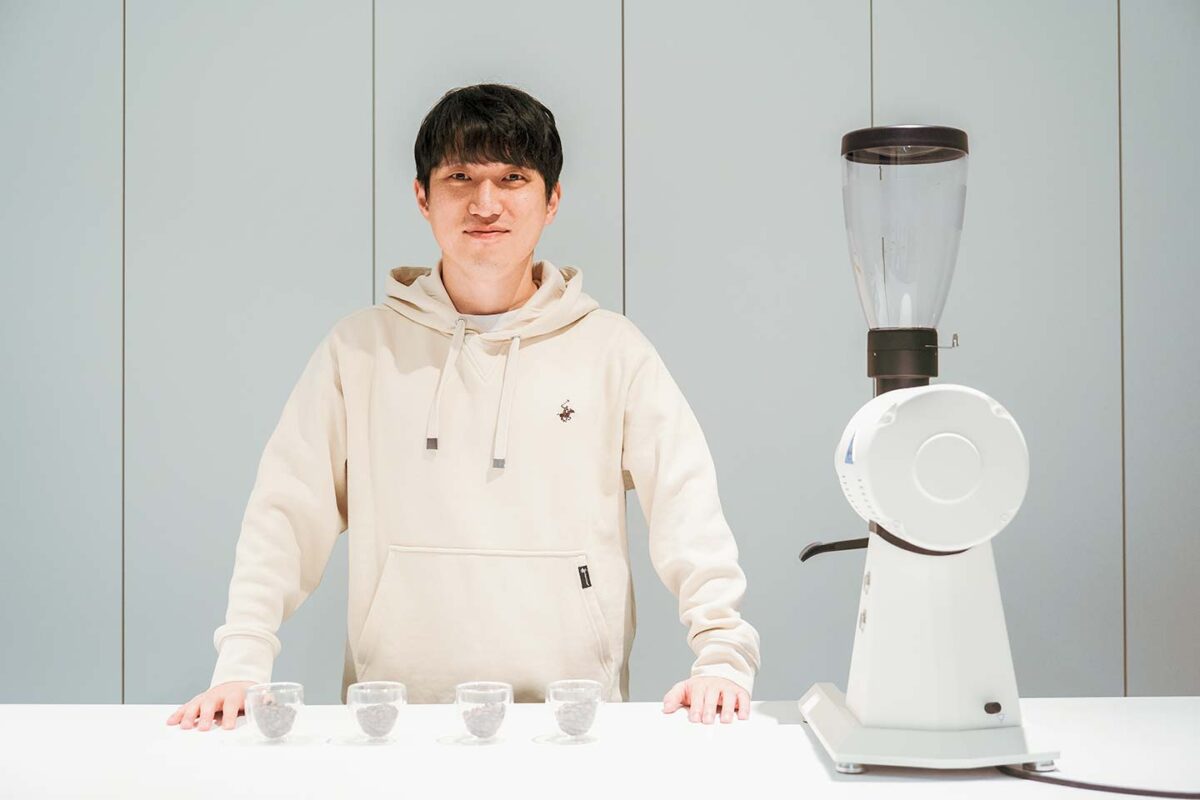
At the time, Jay was happily working for a M&A matching platform startup. He had been at the company for around one and a half years and as the human resources manager, he reported directly to the president. His position was one of authority and responsibility, and he had no plans of leaving.
There was no opening at TYPICA in human resources, but with his curiosity piqued Jay decided to attend the recruitment orientation anyway. Hearing the passion with which TYPICA’s founder, Masashi Goto, spoke of what they were doing, and talking with him later, Jay knew that he wanted to be involved with the company somehow.
He applied to be South Korea’s community manager (the person who connects producers and roasters), but after talking with Masashi, he was hired as a community manager and human resources lead. Four months in, Jay is adapting to a very different culture while he goes through an unlearning process.
“Masashi often says how at TYPICA, people are hired for who they are. Whether or not they can bring out their true potential here is one of the criteria for hiring someone. Which is why anyone who applies has to fit and resonate with the rest of the team before we can consider hiring them. Once they’ve cleared that, then I look at their skills and experience and how they can apply it at TYPICA.
It’s still early days, but we recently added two more members to the South Korea team, doubling the size, and so far they are both bringing their own unique talents to the group. They understand their weaknesses and strengths, and work well within the team by supporting when needed. I can see how the team is forming, working toward the future of the company. It almost feels as if it’s fate.”
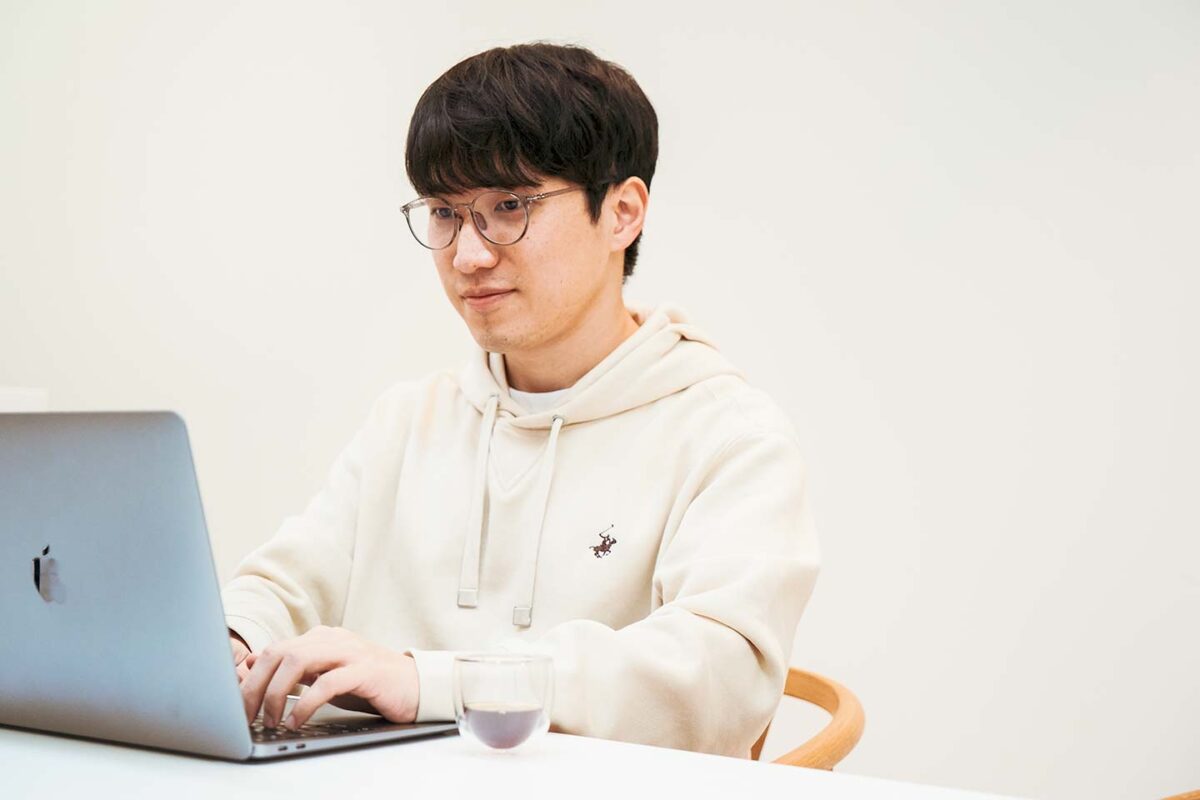
The limits of evaluation
Jay’s connection with human resources began during his two years of compulsory military service in South Korea. He began his training as part of the fighting forces, but for some reason he ended up managing the 50 people in his unit.
It is easy within an institution such as the military, closed off from society and with a clear hierarchical structure, for dissatisfaction to occur. Seeing the problems, Jay introduced new initiatives to improve the working environment and people’s performance.
For example, many people complained about guard duty as some felt they were doing more than others. Jay made the process more transparent so everyone could see how duties were being shared. Jay also charted people’s ability (strength, marksmanship) and their growth to support more effective skill improvement. Despite the limitations of the institution he was in, Jay was able to bring about change for the better. He knew that in the private sector he would have far more freedom, and the potential to do much more.
When his military service was up, he came back to Japan and worked in human resources for several companies. He was responsible for hires and internal company policies, and he enjoyed the impact his role had on the company. Jay knew that his decisions could affect the direction of the company. He had a lot of responsibility and it gave him job satisfaction.
But power can be a dangerous thing. It can make us forget that there are real people working hard to make the company a success. In his role as human resources manager, Jay felt that he was in control of the company, and he had a sense of pride in his ability to evaluate people.
“But then one day I realized that I was only evaluating people according to what I felt this organization needed. In reality, some of the hires did great, some of them didn’t. And there were others I didn’t hire who could have been just as good for the company. When I thought about that, I began to lose my confidence.
I began to see that how good a fit a person is for a job depends on the criteria you use to assess, more than their ability. It’s all relative. How you evaluate a factor and how you evaluate a person should be two different things, but I think there were times when I put them both together. And judging someone by a particular set of criteria can limit their potential.”
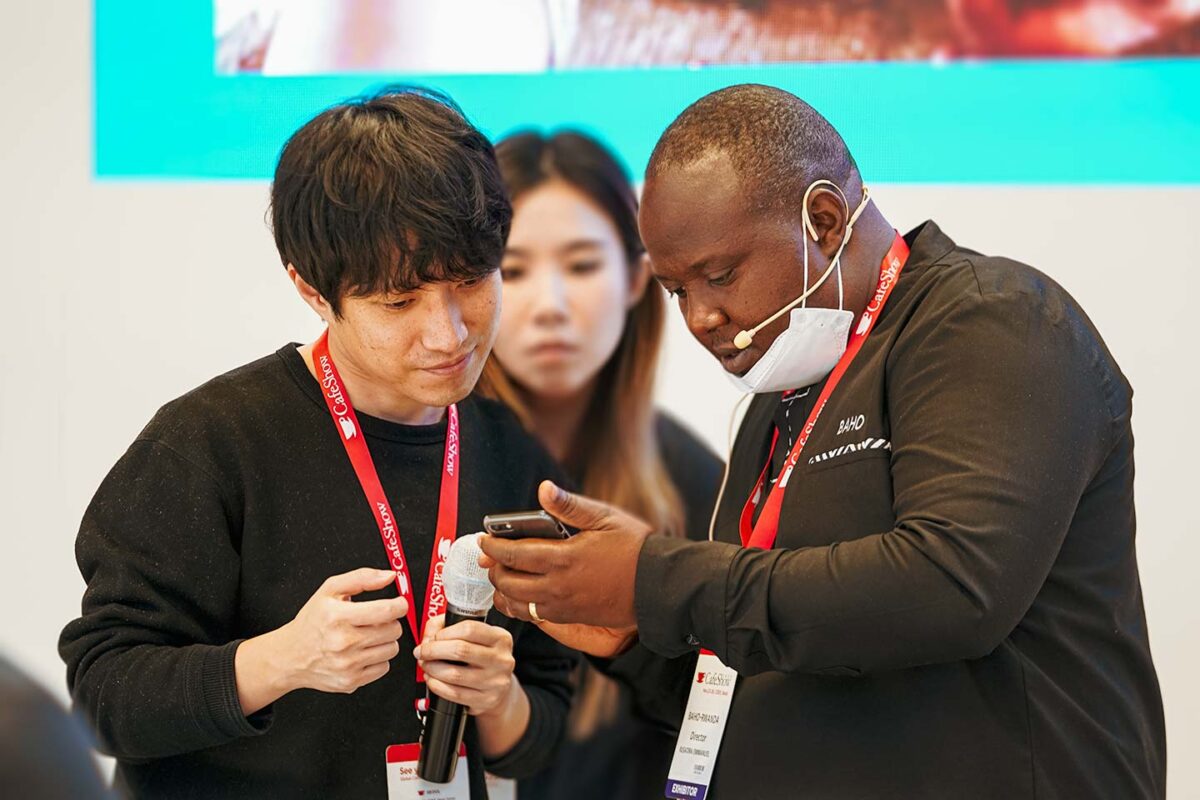
Being sensitive to differences
Born and raised in South Korea, Jay’s interest in learning Japanese began with J-Pop. In Junior High, he started listening to bands like L’Arc-en-Ciel, X JAPAN and GLAY, and he eventually wanted to know what they were singing about.
Jay went to a Japanese language school while also teaching himself the language before heading off to university in Japan. Since then, with the exception of his time in military service, Jay has been in Japan for a decade. Learning another language and immersing himself in a different culture has given Jay the ability to view things from multiple perspectives.
“If you look at the media, for example, you can see how the same event is treated differently in Japan and Korea. You need to be flexible and look at things from a different perspective. You can’t approach things like reading a textbook, with only one answer. There are things which we may think are right, but then discover to be subjective or based on assumption. There is something very terrifying and powerful about only looking for one answer, and talking as if that is the only possible right answer there could be.
If you’re not aware that there are differences, if your perspective of the world is narrow, then you’re not only destroying your own potential, but affecting others. This lack of understanding creates hatred, contempt, slander, and so many other negatives. Nothing good can come from it.
That’s why I try to stay sensitive to the differences. I’ve traveled to twenty countries so far and if I had time tomorrow, I’d go somewhere I’ve never been. The more you learn, the more you know, the more different your world will look. You only live once. I want to make sure I catch as many differences as I can before I die.”
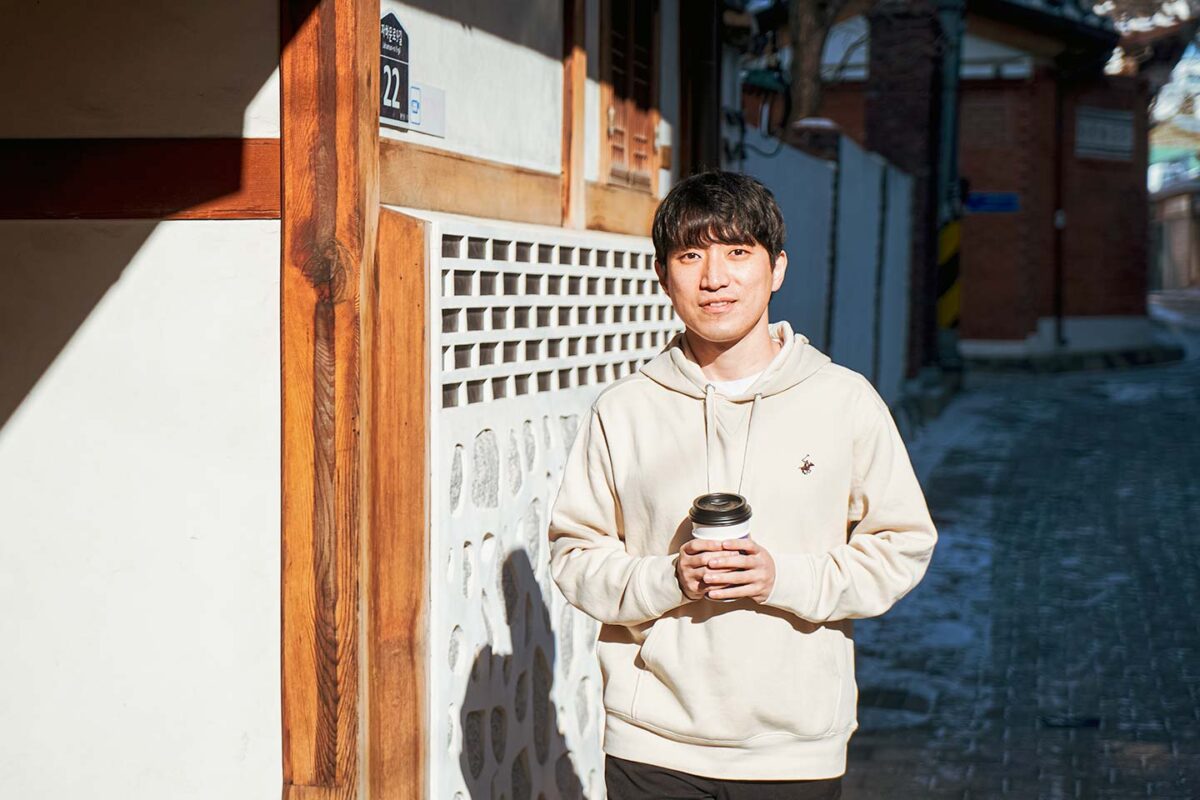
Making your ideal the reality
As we grow up and get a job, we learn the skills necessary for the business world. And if we want to succeed, we work on getting the experience necessary to get to where we want to go.
But business is just a small part of the world we live in. And sometimes the skills and experiences we gain can actually hold us back. At TYPICA, people learn how to be human again, how to behave in a way that is more natural.
“If you think about your job as a number of tasks that you have to complete, then your focus will only be on how you can get them done. But if the direction of the company aligns with your direction, then it becomes more than that, and you want to push yourself further than simply completing tasks.
TYPICA’s goal of “Being the market leader by 2030 and distributor of 33% of Arabica coffee” is on the same vector as my goal of “drink good coffee, tell people about good coffee, and keep on drinking good coffee.” At the same time, my role here also contributes to making the world a better place and communicating the value and significance of specialty coffee to more people. In other words, by living life the way I want to I am also helping the company.
Whether as a community manager or in human resources, my mission is the same: Make the most of opportunities. I want to create more opportunities for coffee producers and roasters, or job seekers and TYPICA to come together, and increase the chance for finding a great match.
To do that, I can’t confine myself to a single role. I can find new potential talent in my role as community manager. And in human resources, if I meet someone who doesn’t fit the role we’re hiring for, finding something else that they are a perfect match for could lead to a new business opportunity.
Society and the company are constantly changing. Sometimes we need to make a decision, but at other times, keeping our options open is a better choice. Always being open and flexible to change is how I make sure I don’t limit my own potential.”
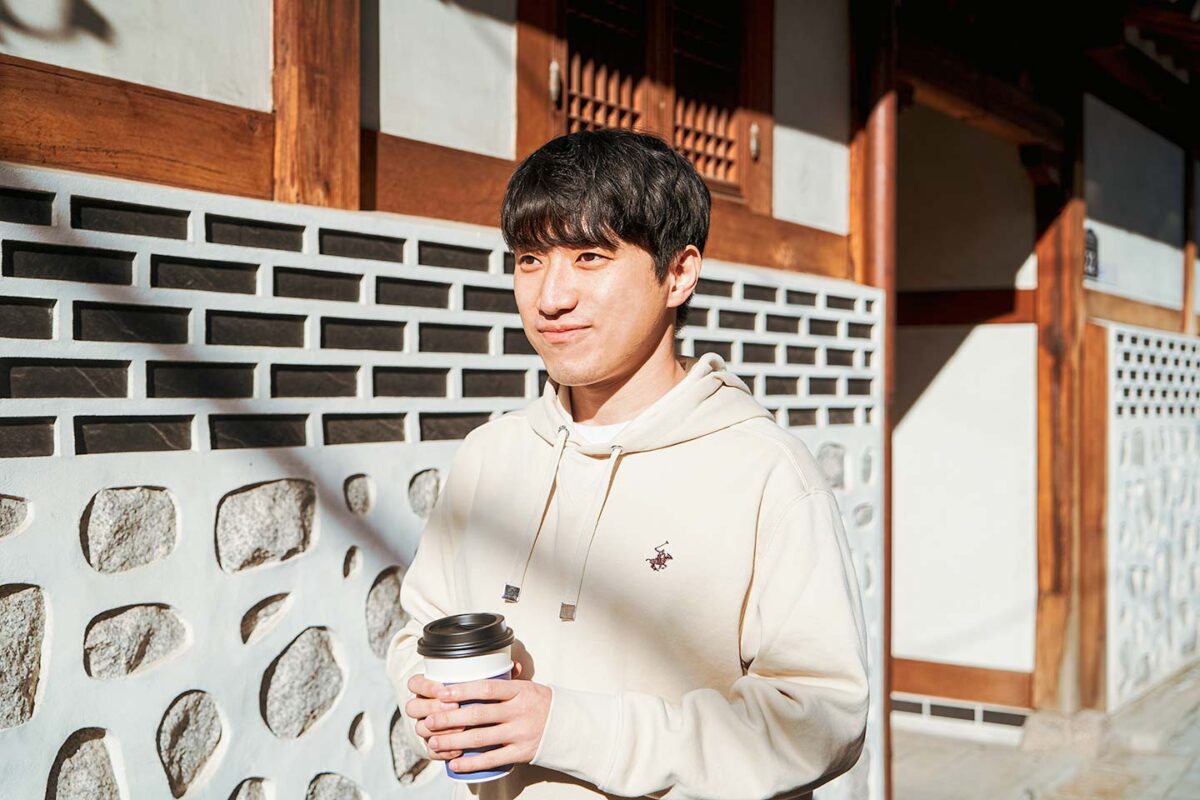
TYPICA is the fifth company Jay has worked for. He began with a recruitment company, moved on to fintech, a customer experience platform and then an M&A matching platform. Every company was a startup, but every company was a very different genre.
“As long as there was something within their business that interested me, it was enough of a reason to work for them. I don’t think there’s anything wrong with that. But I guess I’d given up on finding a company that truly aligned with my values.
In an ideal world, we would keep searching for that ideal job that resonates with us, but in reality, those jobs are few and far between. I told myself that it was pointless to believe in the fairytale of a job that I loved and aligned with my values. I convinced myself that I should get on with my life and only if I was lucky, I’d come across a job like that.“
As we grow older, we stop our daydreaming and start to look at reality. We realize that a happy ending is not a guarantee. But no matter what we tell ourselves, the wish for that dream to come true never truly disappears.
“The best thing to come from choosing TYPICA is that it has helped me to affirm my way of life. All my other job choices were based on building my career and not about following my heart. But that doesn’t motivate you to go above and beyond.
I still love working at TYPICA, and I want to create an environment which is even more fun to work in. If you’re happy in your work and focusing on what’s in front of you, then you’re naturally motivated to do more. And this is how we create a workflow that brings about the best results.”
Text: Tatsuya Nakamichi
Photo: Park Jiwoo
